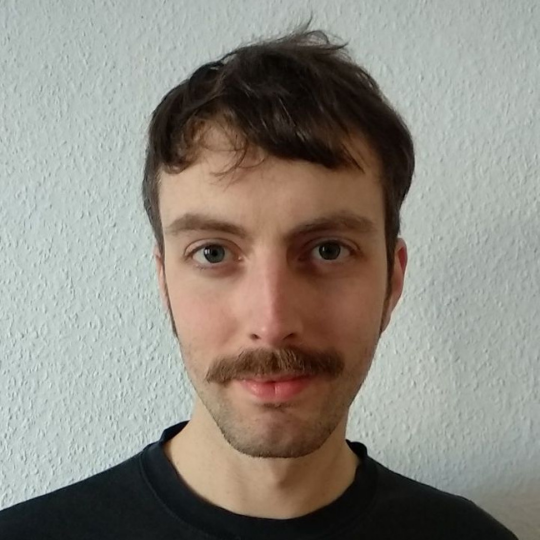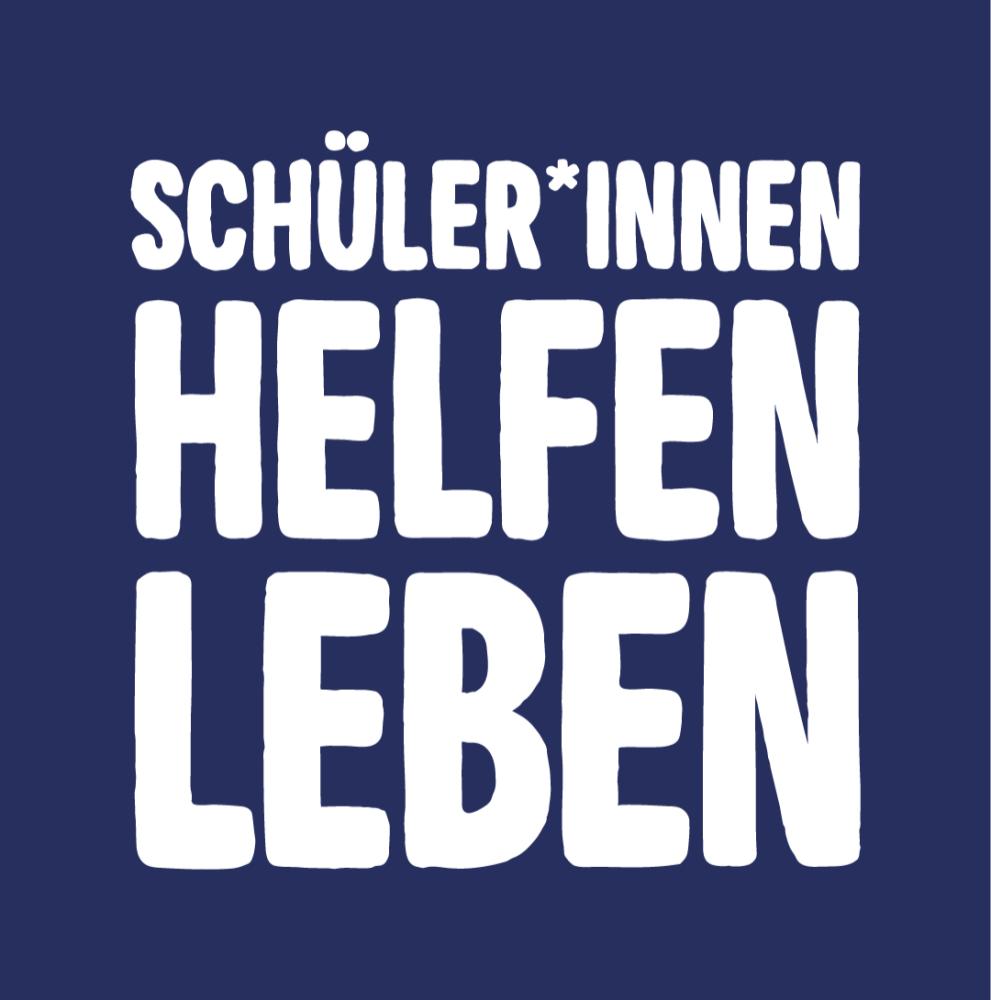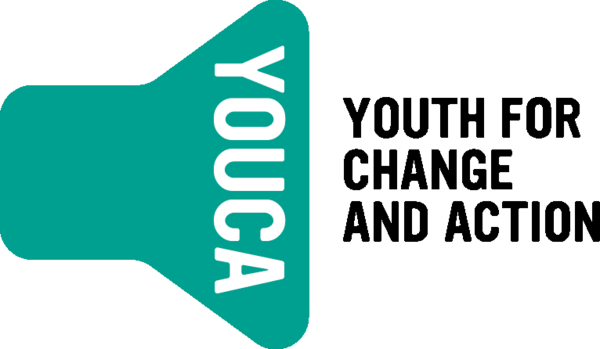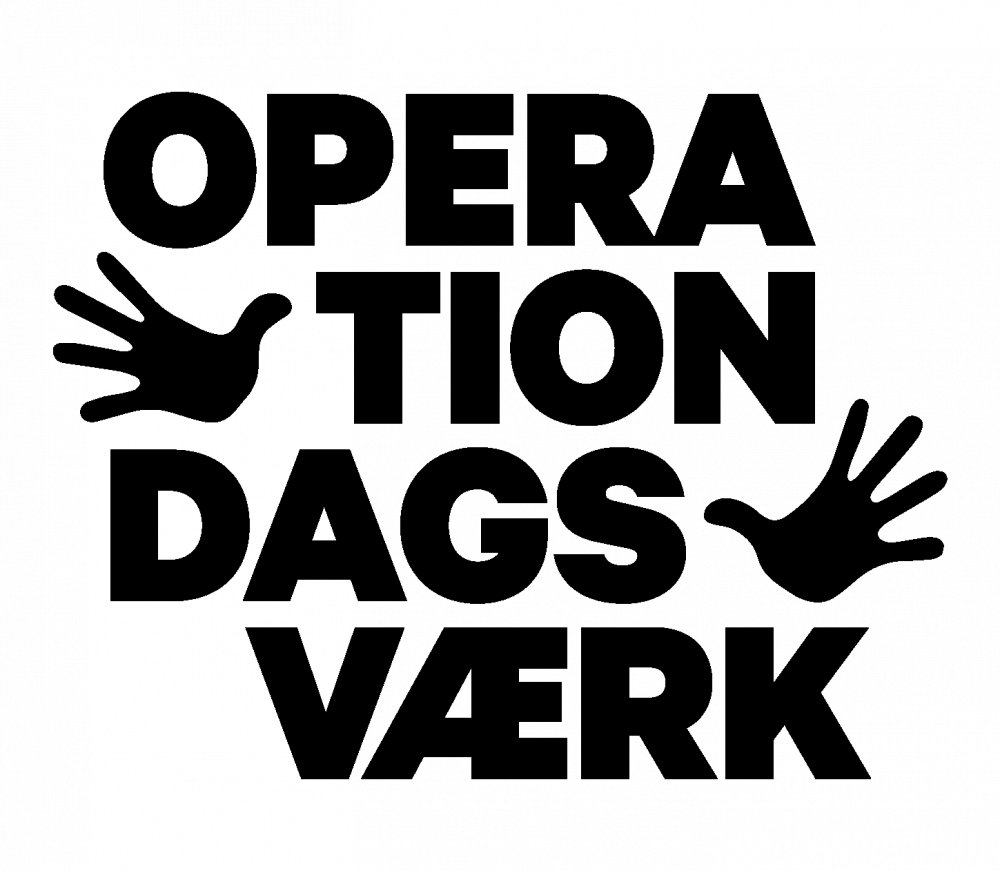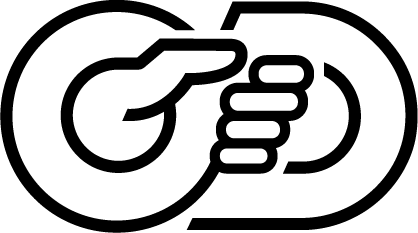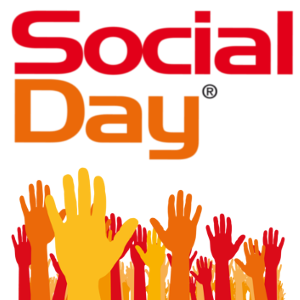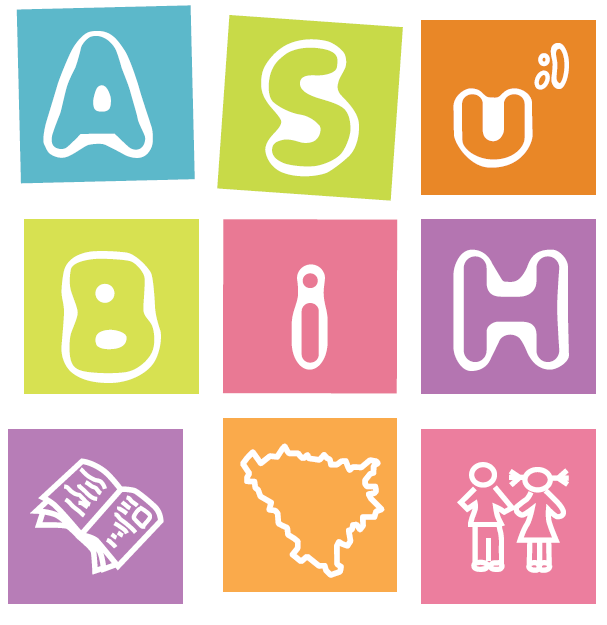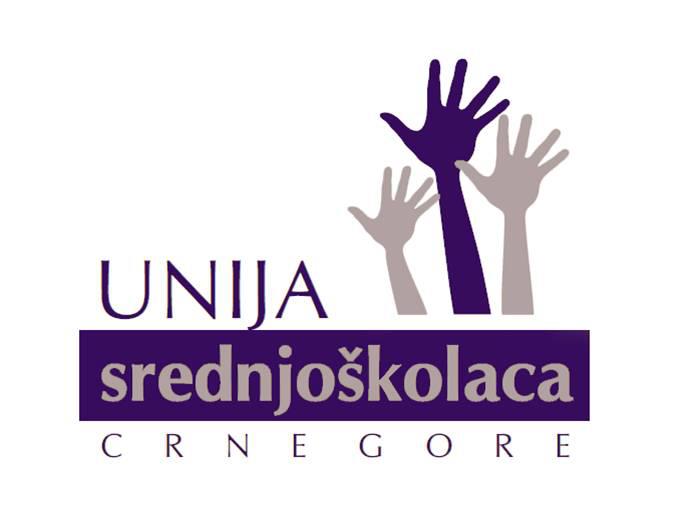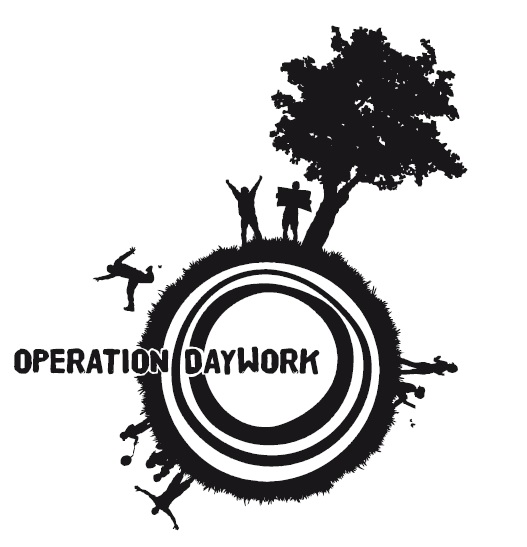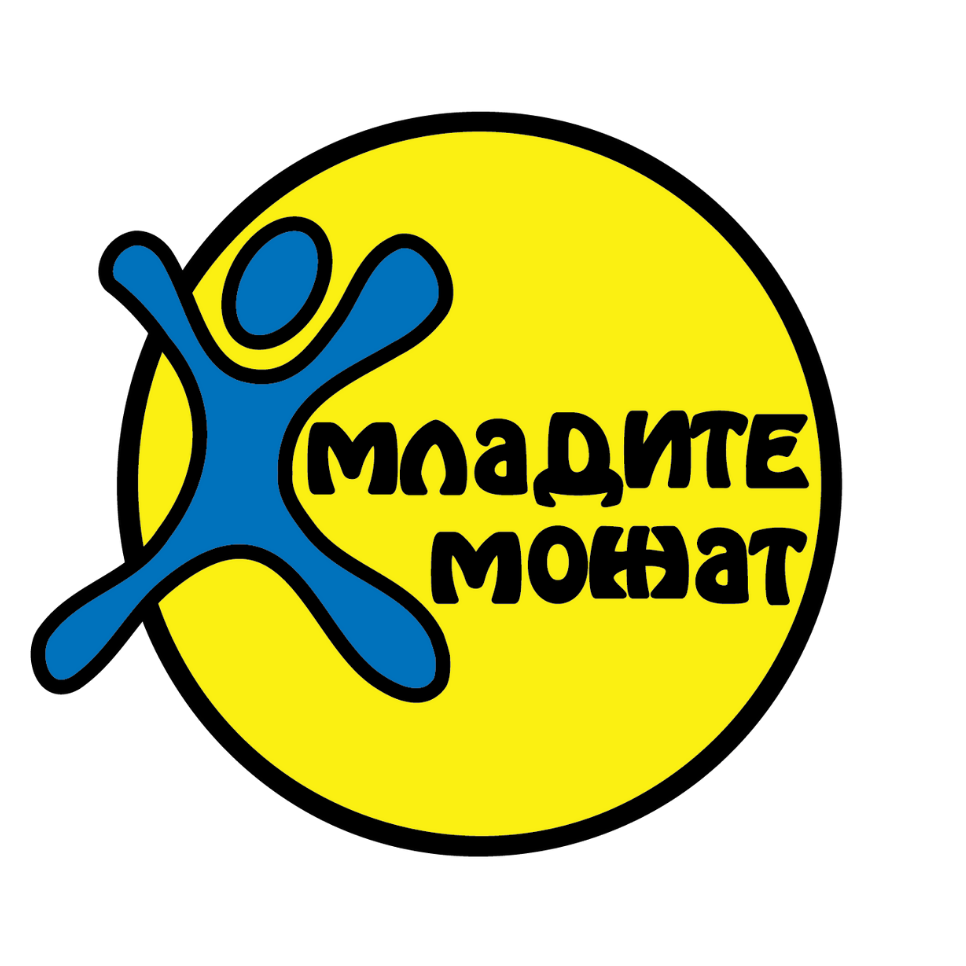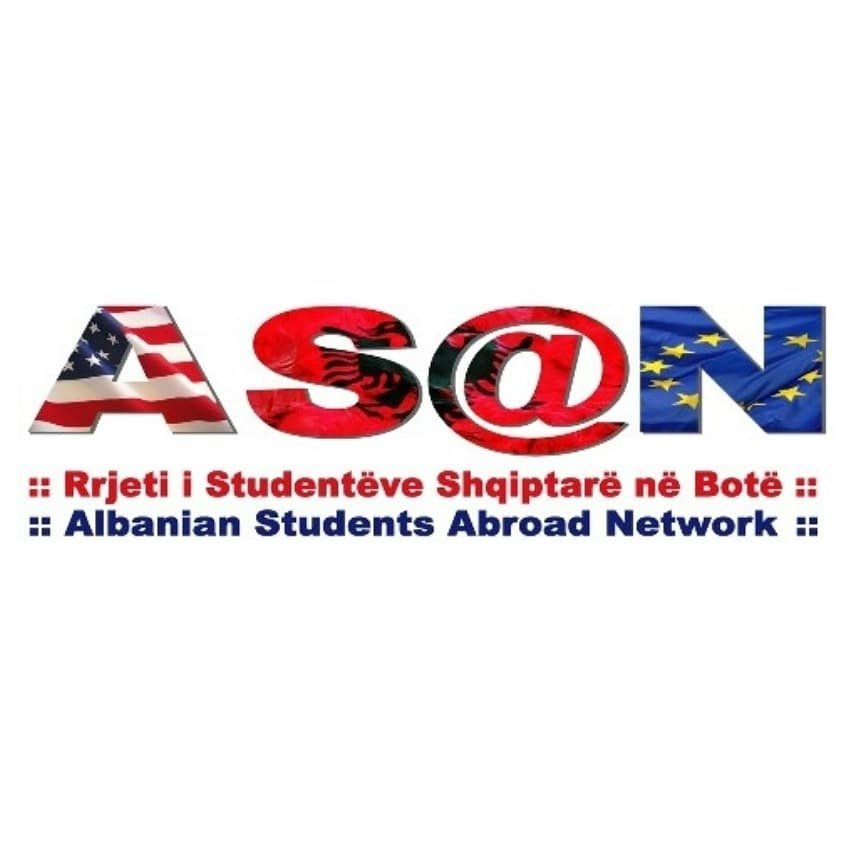About the workshop:
According to the official sources ( missing-migrants.info , UNHCR) 251 persons have already gone missing in 2021, trying to cross the Mediterranean sea. There are probably many more unrecorded cases. The EU stopped their Search-and-Rescue Missions (Operation Mare Nostrum), leaving this task in the responsibility of states like Lybia - and those states cannot fulfil this task. Those refugees who survive the crossing are often not only denied their basic rights of an ordinary asylum application process but are kept in catastrophic refugee camps. In the absence of official, governmental Search-and-Rescue organisations, some non-governmental organisations started to fulfil this vacuum. Their presence can be interpreted as a form of internal critique: criticising the EU for not fulfilling their own, postulated standards. (In contrast to a form of external critique, where you would propose new standards.) The EU responds to this criticism in many ways. On the one hand european states are criminalising those NGOs - since where no publicity is, there is no critique. But the climate crisis, caused by the global North, multiplies reasons for migration. So the EU is trying to push the border even further by investing into sub-Saharan camps, while trying to simultaneously keep tracks open for those refugees, who are willing to fill the gaps in the care crisis in Europe. To make it even more complex, racism continues to thrive and right-wing parties win votes and consolidate their racist policies in many parliaments around Europe. In the two-hour, participatory workshop we will touch and hopefully discuss the following questions: What is the current situation in the Mediterranean Sea? Are there natural borders? What is the role of Frontex? Why are Search-and-Rescue organisations criminalised? What can we do? Which organisations are there and what are they trying to archive? We will try to do three steps: we want to analyse the situation, critique the status quo based on emancipatory values (like freedom, equality and solidarity) and relate them to the official law and finally talk about what we can do. Which actions would alter the situation?
There will be plenty of time for discussion and your questions!
About the trainer: Johannes Kahan
I am Johannes Kahan. After I studied philosophy and social scienes in Berlin I worked some years on traditional sailing ships, doing experiential pedagogy for school classes. Whith my knowledge I am trying to support organisations like RESQSHIP. RESQSHIP is a small NGO that aims to save human lives along the mediterranean route and raise awareness to this humanitarian crisis. RESQSHIP is a small NGO that aims to save human lives along the mediterranean route and raise awareness to this humanitarian crisis.
